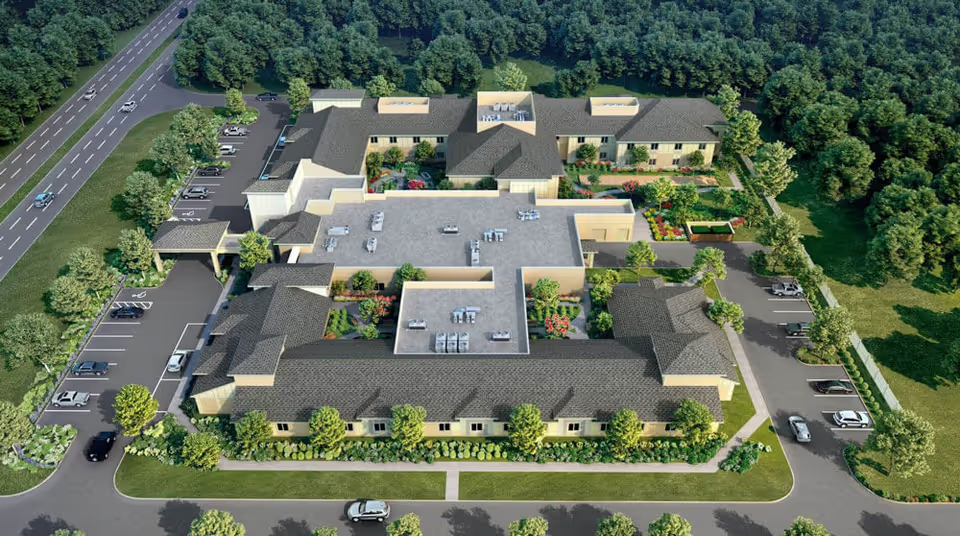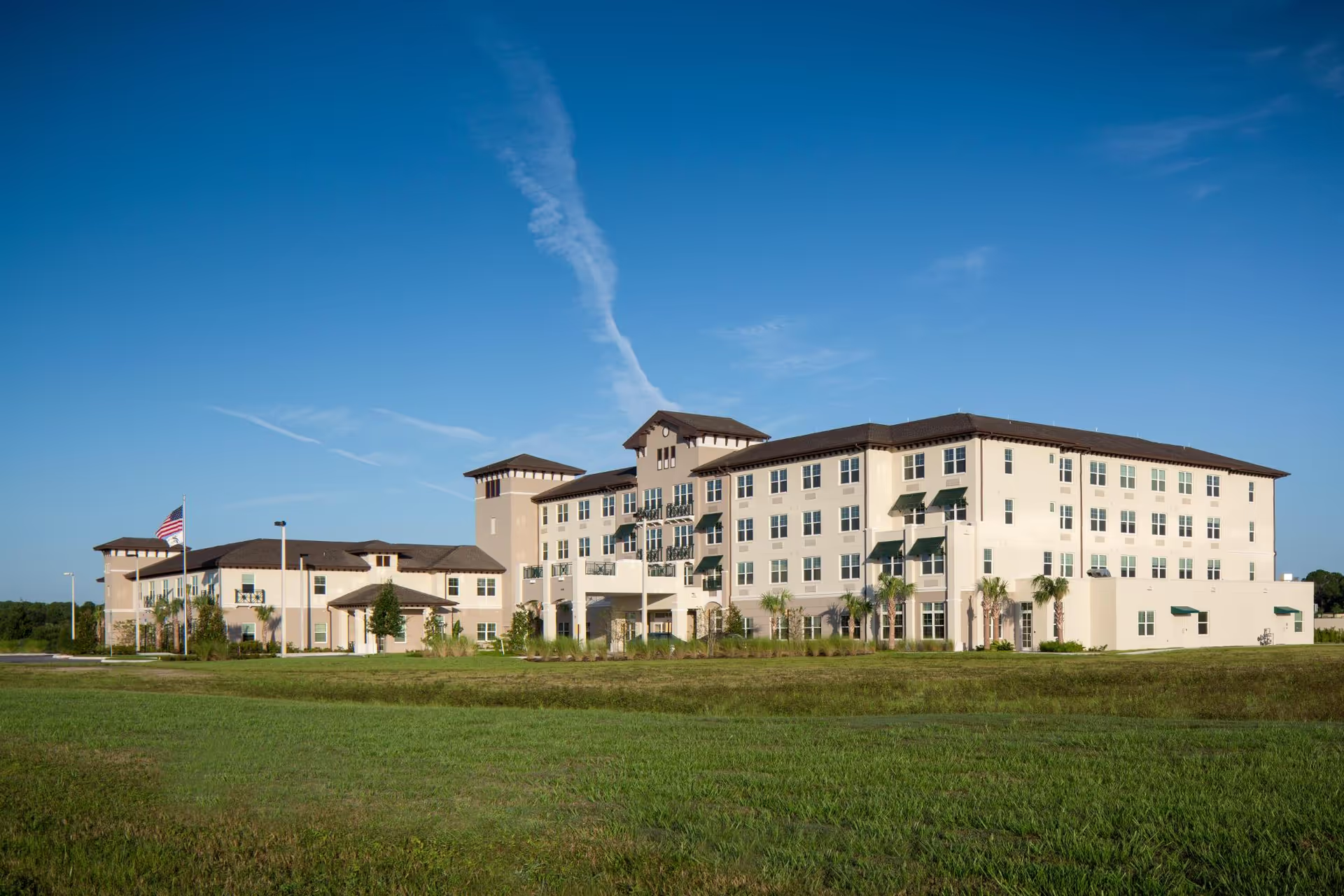Overall sentiment across reviews for Northway Health and Rehabilitation, LLC is highly polarized: many families report exceptional, compassionate care and strong therapy services, while a substantial number of reviews raise serious concerns about staffing, supervision, facility maintenance, and resident safety. Positive accounts consistently praise individual staff members and the therapy department, noting administration and the Director of Nursing (DON) as accessible and helpful. Several reviewers specifically named staff (for example, Seneca, Rhonda, and speech therapist Danielle) as going above and beyond, providing compassionate, attentive care that brought families peace of mind. Activities programming (holiday parties, annual fashion shows) and rapport with occupational and speech therapists are recurring strengths, and multiple families describe the facility as clean, well maintained, odor-free, and recommend it based on the quality of therapy and certain caregiving staff.
However, negative reviews raise a broad and overlapping set of operational and safety issues. A common theme is inconsistent staffing and supervision: reviewers report call lights being ignored, employees on phones or texting while on duty, and periods when no nurses were available. These staffing problems are linked to medication management failures (including running out of meds), residents being left unattended for long periods, and specific safety incidents—particularly concerning for cognitively impaired residents. Several reviewers described wandering Alzheimer’s patients with insufficient supervision and expressed worry about male/female housing arrangements and general security on the floors. At least one reviewer reported being sent to the hospital via 911, then denied readmission, and another mentioned Ombudsman involvement; such accounts suggest potential lapses in care transitions and regulatory/advocacy escalations.
Facility condition reports are mixed and appear to vary by area or unit. Some families praise spacious, clean rooms and well-maintained common areas, while others report run-down conditions, ripped floorboards, and pest issues (roaches). Personal property security is a recurrent complaint: multiple reviewers allege missing clothing, watches, and other belongings, which undermines trust and raises questions about inventory controls and laundry/housekeeping practices. Environmental comfort issues (rooms being too hot and air conditioning problems) were also mentioned.
Staff quality is the single most polarized topic. Many reviews celebrate outstanding, family-like care from nurses, therapists, and administrative staff, citing compassionate communication, responsiveness to family concerns, and excellent therapy outcomes—sometimes describing the staff as ‘‘God-sent’’ or life-changing after an accident. Conversely, an equally large set of reviews depicts a workforce that is indifferent, rude, or even verbally abusive; some reviewers used strong language (e.g., ‘‘ghetto,’’ ‘‘cruel,’’ ‘‘horror story’’) to characterize their experiences. Several accounts attribute poor performance to short staffing or underpaid staff, indicating that care quality may depend heavily on shift, team, or individual caregivers rather than being consistent across the facility.
Clinical and regulatory concerns raised in negative reviews are significant. Examples include threats of discharge, refusal to readmit after hospitalization, allegations of illegal or unethical conduct, and involvement of the Ombudsman. These are serious claims that suggest families should investigate state inspection reports, complaint histories, and ombudsman records when considering placement. Communication was another mixed theme: while some families experienced proactive, helpful administration and a responsive DON, others reported slow or difficult communication and staff who ignored visitors.
Taken together, the reviews suggest that Northway Health and Rehabilitation can provide excellent, compassionate care—especially in therapy and when certain staff are assigned—but that experiences are uneven. Key risk areas for prospective families are staffing consistency, supervision of memory-care residents, medication and personal-property management, and environmental maintenance. If considering Northway, families should meet the therapy team and DON, ask about staffing ratios and dementia-care protocols, inquire about policies for personal belongings and medication management, tour the specific unit where their loved one would stay (checking for cleanliness and maintenance), and review recent state inspection and ombudsman reports. Doing so will help determine whether the strong positive experiences reported by many families are likely to be the norm for their loved one or whether the negative, sometimes serious, issues highlighted by other reviewers represent persistent problems.







